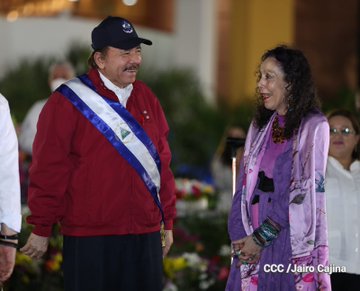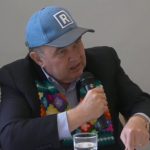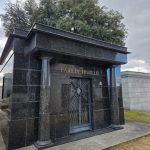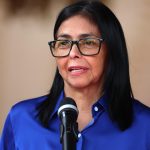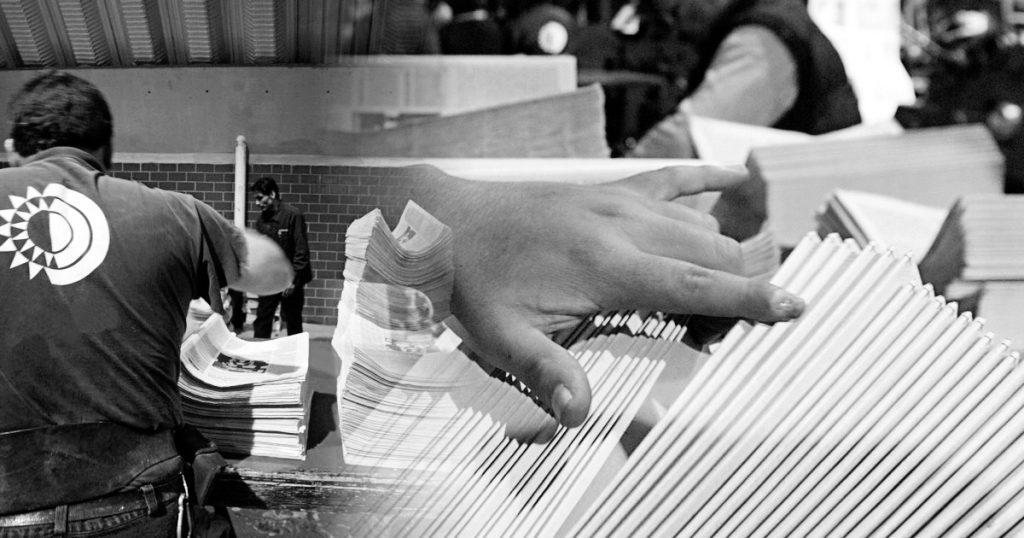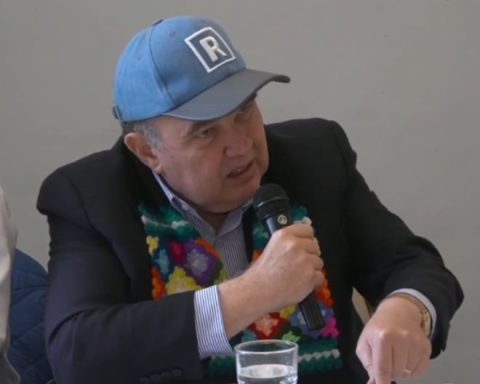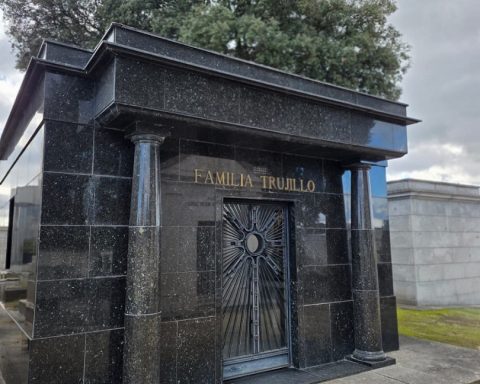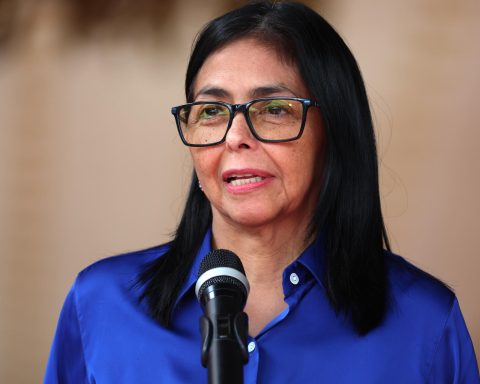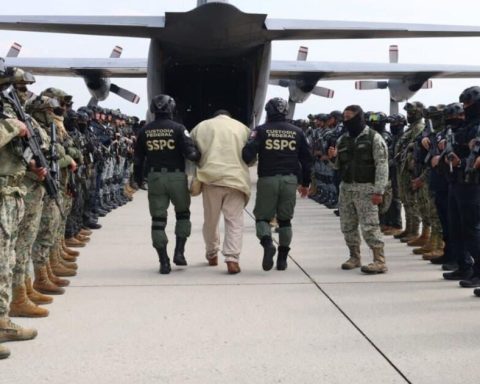Daniel Ortega’s proposal for a “clean slate” of the massacres perpetrated in April 2018, when the State committed crimes against humanity in Nicaragua, was rejected by national and international human rights defenders who described it as a “political hook” to seek legitimacy and warned that “there will be no forgiveness or forgetfulness.”
Ortega made the promise during the inauguration of his fourth consecutive presidential term since 2007, marked by international isolation, the weakening of his political base, and the sanctions against his regime, such as those that this Monday, January 10 imposed in a coordinated manner by the European Union and the United States, after the voting without democratic guarantees last November.
For Vilma Núñez, president of the Nicaraguan Center for Human Rights (CENIDH), there was not even a hint of rectification in the president’s speech. Ortega tried to confuse the population, setting himself up as a victim when he was the perpetrator, said Núñez, since he maintains the narrative that his regime was the object of a coup in 2018 and what he seeks is impunity, but these crimes “cannot remain in the I forget”.
According to the Inter-American Commission on Human Rights (IACHR), in Nicaragua there were 355 people killed, 2,000 injured and more than 100,000 They went into exile in the context of opposition protests in April 2018, which were violently repressed by the Police and parastatal forces sympathetic to the Sandinista ruler. One of the cruelest episodes occurred before July 19 of that year, when the regime ordered the violent removal of the barricades, erected by the population, at any cost, in what was known as the “cleaning operation.”
The human rights defender warned that Ortega “hinted that he wants to return to the agreement with the big businessmen. For me he wanted to throw a hook and choose his own interlocutors (in the event of a possible dialogue). I am especially concerned about the health situation, the isolation (of political prisoners), the internal security situation, the lack of mobilization to any part of the country. It seems to me that if this situation continues, the exodus of Nicaraguans will definitely continue, ”Núñez lamented.
The human rights activist was referring to the agreement that Ortega had with the large Nicaraguan businessmen, between 2009 and 2018, known as “dialogue and consensus” that allowed both sectors to co-govern the country. The agreement was sold as an exportable model for the region and in practice the two groups approved laws together, there was stability thanks to the control of Sandinismo in the unions, added to generous exemptions for business groups. All this was maintained until 2018 when the private sector distanced itself from the Government, after the repression of civic protests.
Abrão: “Memory, the best weapon against barbarism”
Brazilian jurist Paulo Abrão, former executive secretary of the Inter-American Commission on Human Rights (IACHR), which investigated the serious human rights violations committed in Nicaragua, believes that Ortega does not seem to understand that human rights are being taken more and more seriously.
“If before history was built based on forgetting, current social ethics cries out for ‘neither forgetting, nor forgiveness’. The new revolution is memory. Without knowing the mistakes of the past, there is no way to build an effective democracy. Memory is the best human weapon against barbarism ”, declared Abrão to a consultation of CONFIDENTIAL.
Haydée Castillo, another human rights defender and president of the Nicaraguan Movement in the world, considered that the government’s approach is a message to the Nicaraguan people to forget the serious human rights violations, but said that she does not believe it will be successful.
Castillo maintains that the April rebellion was a watershed in Nicaraguan history and the population understands the importance of truth, memory, justice, and reparation in the goal of achieving lasting peace.
Ivania Álvarez, a member of the Articulation of Social Movements, said that it is paradoxical that Ortega speaks of forgetting the past in his speech, however, he has maintained a repetitive tone against the United States for years. For her, the inauguration of this January 10 was a private party, in which there was not a single person who gave it legitimacy and there were several people who congratulated each other.
Only three heads of state attended the inauguration: the outgoing from Honduras, Juan Orlando Hernández; that of Venezuela, Nicolás Maduro, and that of Cuba, Miguel Díaz-Canel. All of them were effusive with the Nicaraguan presidential couple when greeting them and shared their defense speech to the “sovereignty”. According to Álvarez, there was nothing new in the inauguration speech, because Ortega did not offer Nicaragua anything new, although he tried to sell certain symbolic gestures such as wearing blue and white to members of the Sandinista Youth.
What did catch Álvarez’s attention was that Ortega compared Nicaraguan political prisoners with those prosecuted for the assault on the Capitol, carried out on January 6, 2021 by supporters of former Republican President Donald Trump in Washington, to whom the dictator Nicaraguan called “political prisoners.”
“It seems to me that the issue of prisoners (politicians in Nicaragua) is uncomfortable and takes on the political cost,” said Álvarez.
Jesús Téfel, a member of the Political Council of the opposition Blue and White National Unity, affirms that Ortega seeks to install a political and economic model that works for him, since the one he had with the businessmen was destroyed. However, he does not see sectors interested in associating with a politician who is not credible, not trustworthy and who isolates the one who approaches him from the world.
Téfel added that Ortega will seek, as with the November 7 elections, to make a farce with which he will seek to transmit some sense of stability to his bases. Furthermore, he observes that if this time he did not mention the issue of the release of political prisoners, it was because no one will give him what the executive needs to get out of the situation in which he finds himself.
